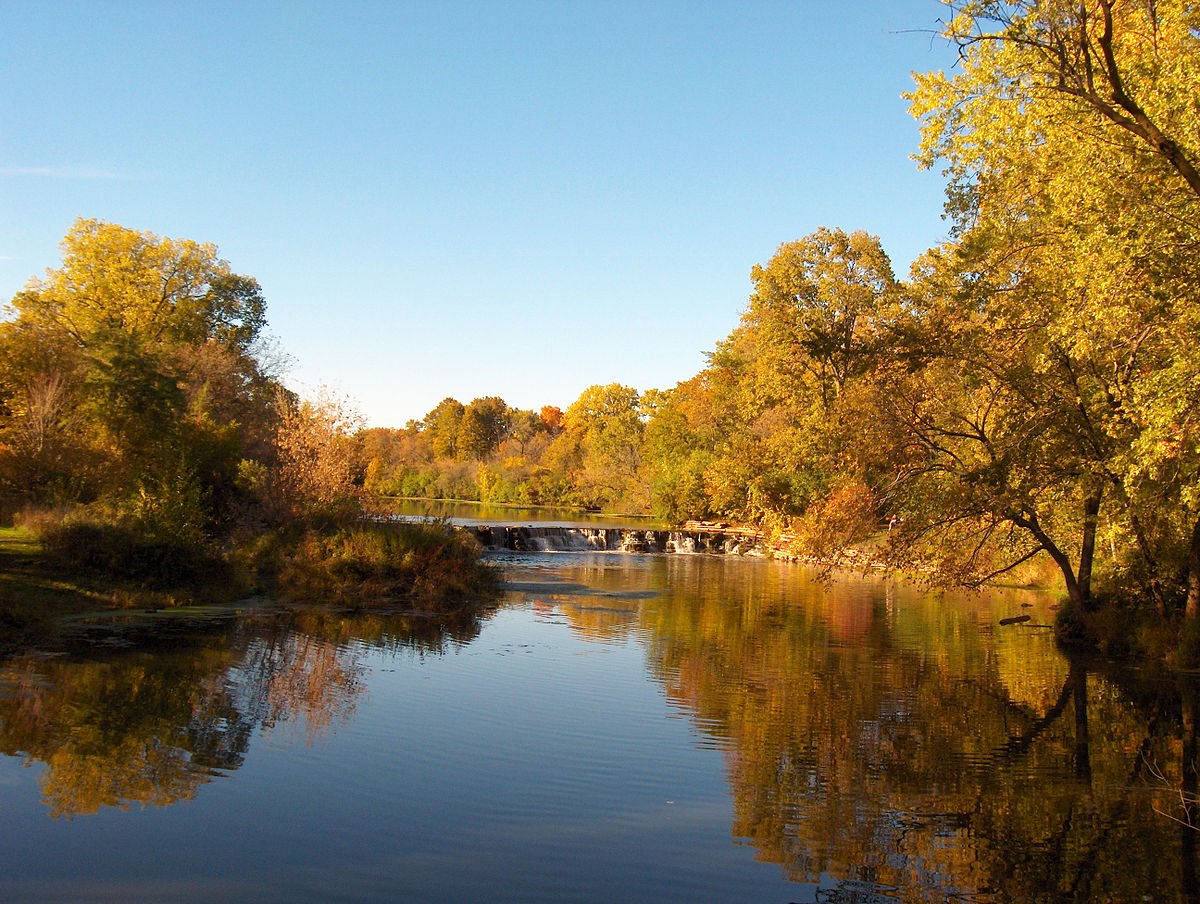“I Got Rhythm”
Our shared primal beat is called circadian rhythm. Circadian rhythm is the cyclical, 24-hour period of biological activity. For some 600 million years, all life forms on earth evolved with a regular cycle of light and dark.
The Darkness Manifesto
After confronting us with the “Illuminated Planet” and the “Mass Die-Off”, Johan Eklöf passionately guides us through an easy-to-understand sensual tour of scotobiology, the study of the way biology is affected by darkness.
Gone Missing
The Bortle Dark-Sky Scale is a tool that scientists use to measure the changing state of the starry night sky. The Bortle Scale compares what is to what it might be, and ranges from Bortle Class 1 to Class 9. It relies upon the naked eye to assess what can still be seen in the heavens, unaided.
The City of Wheaton Adopts Residential Lighting Ordinance
To help establish outdoor lighting standards in Wheaton’s neighborhoods, the City Council recently adopted a residential lighting ordinance. The ordinance also adopts a requirement for new residential construction to use International Dark Sky Association and/or Dark Sky-compliant outdoor lighting fixtures.
Chicago Light Pollution Victory
Salesforce announced its arrival to our city at its new downtown location along the Chicago River by introducing many Chicagoans to the issue of light pollution.
Some Dark News About Bright Nights
In a paper published on January 19th in Science, researchers used over 50,000 observations of the night sky made by community scientists over more than a decade to find that our night is disappearing at an alarming rate.
Good Night: Flipping the Switch on Light Pollution
Fifty years ago in the Fox Valley, 2,000 stars glittered across the night sky. Today, only about 40 remain visible to the naked eye. Read about the causes and solutions in this article by Kelli Anderson in the November 2022 issue of Naperville Magazine.
Darker Skies Book Musing: “Why We Sleep”
A healthy circadian rhythm is very important. A natural, pineal release of our hormonal nocturnal gatekeeper, melatonin, takes us gently into REM and “deep sleep”.
July 4 is Almost Here
My third year of writing about outdoor light pollution has arrived. After two years, our little street remains as dark sky friendly as any in Glen Ellyn. Thank you!
Artificial Light at Night: State of the Science 2022
A briefing by the International Dark-Sky Association that summarizes the current state of knowledge about how the widespread growing use of artificial light at night effects our world.
Many Dark Sky Thanks
As our green hangover from Earth Day and International Dark Sky Week has passed, IDA Chicago gives a big dark sky thanks to all of you that inspired us and celebrated with us.
Dark Skies and Reducing Light Pollution
From the thousands of stars visible on a dark night to the arc of nebulous light rising across the Milky Way, the night sky is inspiring. But light pollution produced by humans, especially in dense urban areas like Cook County, threatens our ability to experience the wonder and beauty of a truly dark night sky. The Forest Preserves of Cook County is working with partner organizations to ensure that our special landscapes and skies are there for future generations to enjoy.
New York City Passes Landmark Lights-Out Laws
Migratory birds drawn toward the night glow of NYC may end up in stopover habitat surrounded by buildings, such as this Summer Tanager seen in Battery Park in lower Manhattan. Photo by Donna Schulman/Macaulay Library.
Save our Birds, Turn Off the Lights
Learn why it’s important to maintain dark skies at night. Read the blog by IDA Chicago’s Adam Kreuzer as posted on the Naperville Park District’s website.
New Illinois Legislation Helps Support Birds and Darker Skies
Every year nearly one billion birds collide with glass in the United States. Birds don’t see glass as a barrier and will sometimes fly into it when it is showing reflections of natural surroundings or when interior lights or landscaping can be seen through it.
It's not too late to save the night sky, but governments need to get serious about protecting it
We need to recognize that LEO (Low Earth Orbit) is intimately connected to our atmosphere, oceans, and land. We need regulation of satellites now, before there is irreparable damage to our sky. We need urgency that matches the frenetic speed of space development.
Lighting for Wildlife
DuPage forest preserves close one hour after sunset, but that doesn’t mean the animals that call them home call it a night.
Kill the Lights, Save the Birds
Two modern-day challenges have popped up in the past century that birds are ill-equipped to meet: artificial lights and reflective buildings.




















